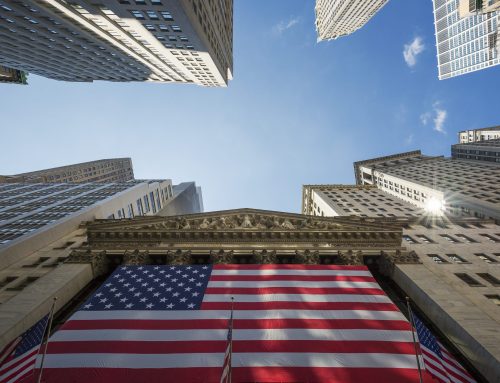Recent shifts in U.S. trade policies are reshaping international trade, directly impacting how goods move across borders. Customs brokers play a pivotal role in helping businesses navigate these evolving regulations and maintain smooth operations.
This article will explore what these trade policy changes mean for customs brokerage and how they affect importers and exporters. We will highlight the most significant recent changes to provide a clearer picture.
What Are U.S. Trade Policy Shifts?
U.S. trade policies cover rules about tariffs, trade agreements, and customs regulations. When the government changes these rules, importing and exporting goods can be complicated—or sometimes more uncomplicated. For example, new tariffs may increase the cost of specific products, while changes in trade agreements might impact customs clearance times.
Significant Recent Changes
Here are a few key examples of recent U.S. trade policy changes:
Tariffs on Chinese Goods
Despite ongoing trade negotiations, tariffs from the U.S.-China trade war remain effective, particularly on electronics, machinery, and textiles. These tariffs continue to increase importers’ costs, prompting businesses to seek alternative sourcing options.
USMCA Updates
The United States-Mexico-Canada Agreement (USMCA) now includes tighter labor and environmental standards rules, impacting how goods are classified and processed at the border.
Explore our latest insights on USMCA updates.
Enhanced Technology Restrictions
New rules for importing specific high-tech components aim to protect national security and promote domestic production. These changes are driven by global politics and economic goals, creating a dynamic trade environment.
How Do These Shifts Affect Customs Brokerage?
Customs brokers are experts who help companies move their goods across borders safely and legally. They handle paperwork, ensure compliance with rules, and help shipments clear customs without delays. When trade policies change, customs brokers must adjust their practices quickly.
Some key impacts include:
Changes in Documentation and Compliance
- Stricter compliance regulations now demand updated product details, new documentation formats, and increased scrutiny at customs. Brokers must ensure precise paperwork to prevent costly delays and penalties.
- Brokers must be extra careful with paperwork to avoid delays.
Read our Guide to tackle compliance challenges.
Impact on Clearance Times
- With heightened inspections and compliance checks, clearance times have become less predictable. Brokers must proactively plan and coordinate with customs authorities to minimize disruptions.
- Brokers plan for potential delays to keep shipments on track.
Adjustments in Costs
- Shifts in tariffs can raise or lower the cost of importing goods.
- Businesses may need to rework pricing and supply chain strategies.
Ripple Effects on Importers and Exporters
These policy shifts don’t just affect customs brokers—they also have a significant impact on businesses:
Supply Chain Adjustments
Companies might change suppliers or shipping routes to avoid higher tariffs, affecting how they source their products.
Increased Focus on Compliance
New rules demand close attention to ensure full compliance, helping businesses avoid fines and delays.
Enhanced Communication
Consistent and transparent communication between brokers and clients is essential for managing these changes smoothly.
How the Industry Is Adapting
Customs brokers update their methods and tools to keep up with the changes. For example:
Embracing Technology
- Customs brokers are increasingly adopting AI-powered compliance software, automated document verification, and real-time shipment tracking to manage growing regulatory complexities more efficiently.
- Employing data analytics to manage increased regulatory complexity.
Continuous Learning
- Investing in training to stay current with new trade policies.
- Attending workshops and seminars on evolving regulations.
Collaboration with Government Agencies
- Customs brokers are strengthening partnerships with regulatory agencies to gain early insights into policy changes, advocate for streamlined procedures, and ensure smoother transitions for businesses.
- Sharing information to ease the transition when new policies come into effect.
Learn more about our Customs Brokerage Services to see how our experts are supporting businesses through these challenges.
What Does the Future Hold?
With ongoing geopolitical shifts and emerging trade agreements, U.S. trade policies will continue to evolve. Businesses that proactively adapt to these changes—by strengthening compliance frameworks and leveraging expert brokerage services—will maintain a competitive edge.
Customs brokers will continue to play a crucial role by helping businesses adapt to these changes. Companies that partner with experienced customs brokers will likely be better prepared to manage new rules, adjust their supply chains, and effectively control costs.
Conclusion
U.S. trade policy shifts significantly change how goods are imported and exported. Customs brokers help bridge the gap between complex rules and smooth business operations, ensuring paperwork is correct, shipments clear customs on time, and managing costs effectively.
Ready to navigate the evolving trade landscape with confidence? Contact us today and let our expert team help you steer your business through every change.





